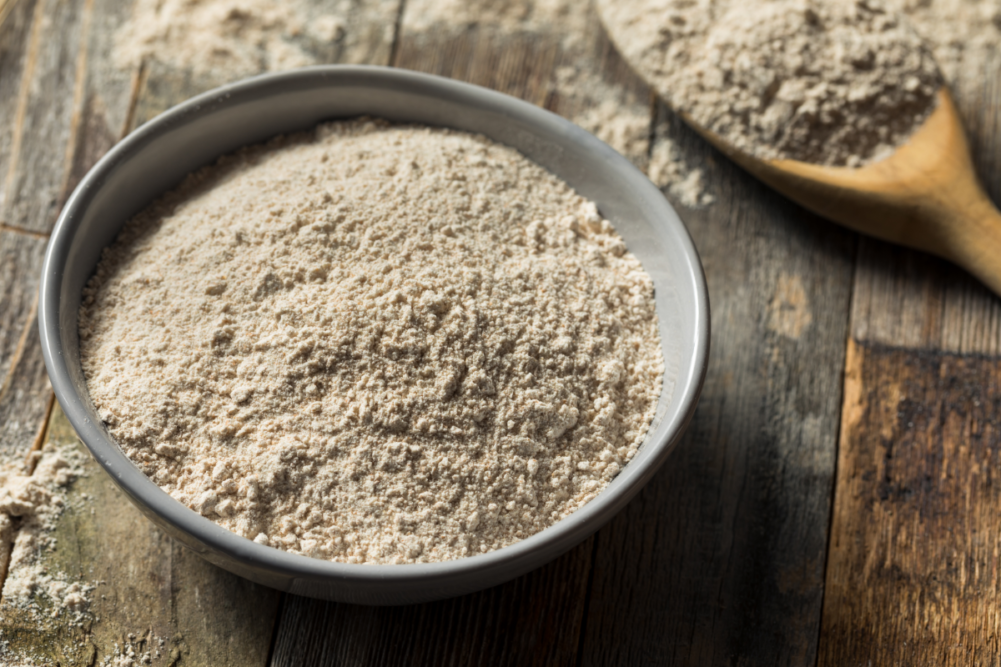While work is already underway in King Arthur Baking Co.’s regenerative agriculture initiative, the flour packaging company acknowledged the enormous scope of its commitment.
“As King Arthur works toward our goal of sourcing 100% of our flour from regeneratively grown wheat, we recognize there’s a long road ahead,” says Brad Heald, director of mill relations at King Arthur.
King Arthur recently announced its intention to commit to regenerative farming practices to produce 100% of its flour by 2030. At present, all of the company’s white whole wheat flour is supplied by Farmer Direct, which sources wheat from farmers using regenerative practices. Additionally, the company said it has enrolled in a 20,000+ acre regenerative pilot program with one of its milling partners, Ardent Mills, in Kansas.
Doug Nelson, a grower with Farmer Direct who has consulted with King Arthur, says, “This winter, we’re planning a grower network conference to be at the forefront of driving regen practices and share ideas and technologies to support each other.”
Nelson says farmers within their grower network openly exchange ideas on how to utilize regenerative agriculture.
“We’re always researching and looking at other options to expand the regenerative program for our own farming operation,” he says. “We’ve had field days and demo days in the past and look forward to hosting Kansas farmers and sharing our experience in the future.
“Every time we bring farmers to our land to share our experience and educate, we tend to learn more than we are providing. Our farms are an open lab for people to continue to learn from, and we welcome the learnings we gain from these days as well.”
In early 2021, King Arthur partnered with Ardent Mills on a regenerative agriculture program aimed at “strengthening the soil ecosystem and helping producers improve their farms’ productivity and profitability,” Heald says.
King Arthur has placed a few targets to help bring clarity to the subject. Heald says the company intends to develop new wheat sourcing guidelines; create a farmer engagement program that includes regenerative wheat practices and outcome metrics; and establish a council to guide growers on best practices and hold them accountable.
Going forward, Heald says the company will partner with farmers and mills to source from those already following regenerative techniques. With those growers and mills that haven’t adopted regenerative practices, he said they will work to transition additional acres.
Because the company’s growers operate in different regions, Heald says they have been looking at trusted advisor programs, crop consultants and people who can bring technical advances to farmers.
“We want to make sure every farmer in the regions in which we operate understands that we’re vested in partnering to support the transition to regenerative growing practices, and that our baking community is interested in supporting a more sustainable supply chain,” he says.




